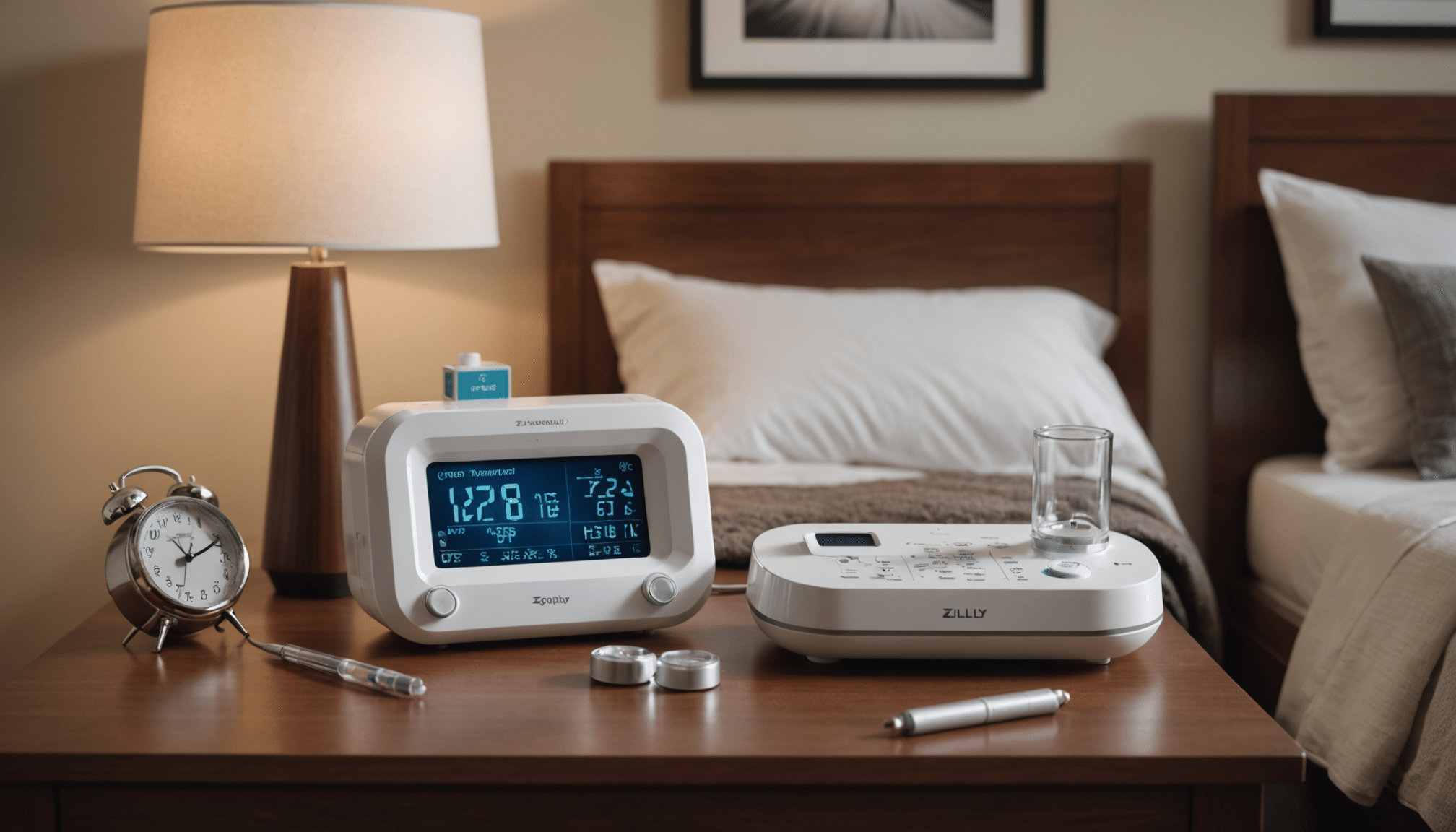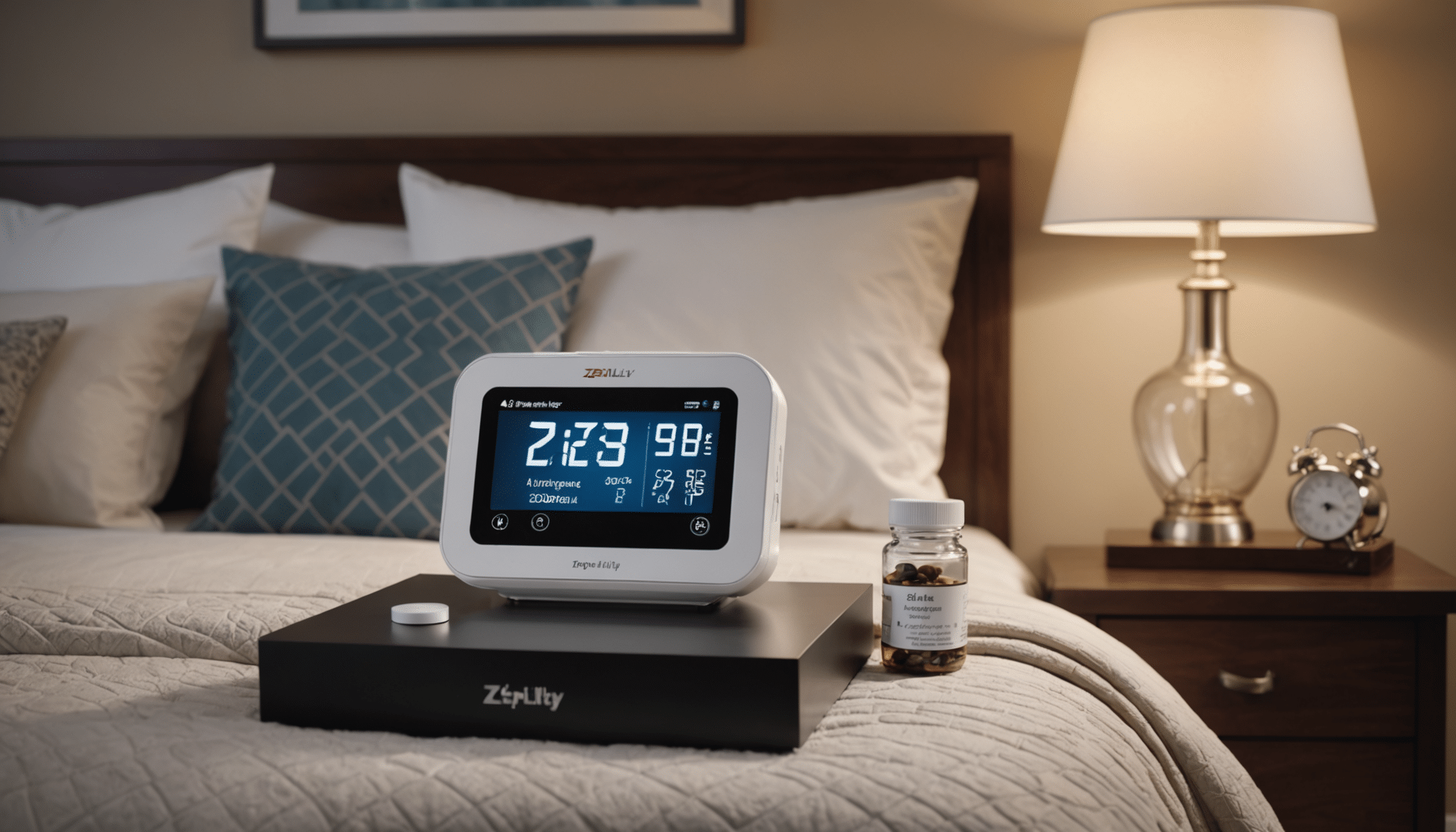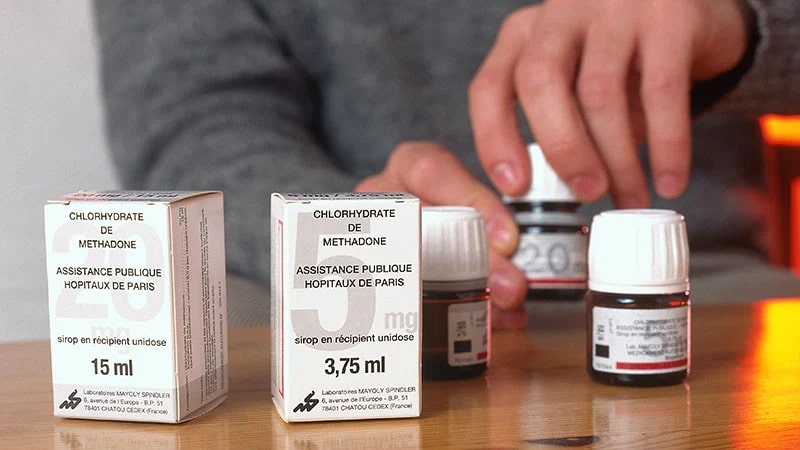The FDA recently reached a major milestone in the healthcare field by approving Zepbound, an innovative drug treatment developed by Eli Lilly, to combat obstructive sleep apnea. This approval marks a significant turning point in the management of this condition, which affects millions of adults and is often treated with respiratory devices. By offering a therapeutic alternative, Zepbound could transform the quality of life for many patients while proving effective in weight reduction, a key factor in the treatment of sleep apnea.
Zepbound, developed by Eli Lilly, is the very first medication approved by the FDA to treat moderate to severe obstructive sleep apnea (OSA) in adults suffering from obesity. This medication, which was initially designed for metabolic conditions, works by activating GLP-1 and GIP receptors, helping not only to regulate blood sugar but also to reduce appetite and enhance feelings of fullness. Zepbound is injected once a week, as a complement to a calorie-reduced diet and an exercise program.
Clinical trial results have shown a significant reduction in respiratory disturbances in patients treated with Zepbound, who also lost between 18% and 20% of their body weight. This treatment represents a major advancement for the millions of individuals affected by sleep apnea, providing an alternative to traditional medical devices like CPAP.

Zepbound, a medication developed by Eli Lilly, has recently received approval from the FDA for the treatment of obstructive sleep apnea (OSA). This medication represents a major breakthrough, as it is the first drug treatment specifically approved for this condition. Originally designed for metabolic conditions, Zepbound offers a promising alternative to conventional treatments such as continuous positive airway pressure (CPAP) therapy.
The innovative features of Zepbound
The medication works through a unique mechanism of action, utilizing a peptide that stimulates GLP-1 and GIP receptors. This stimulation helps regulate blood sugar while contributing to reduced appetite. Patients with weight issues and sleep apnea find in Zepbound a solution that is not limited to mere symptomatic treatment but also addresses the issue of weight, a worsening factor of OSA.
Results of clinical trials
Clinical tests have demonstrated that Zepbound is capable of significantly reducing respiratory disturbances during sleep. The results of the studies conducted show that patients receiving the treatment experienced a reduction of up to 20% of their body weight. This clinical success could thus transform the way healthcare professionals approach the treatment of sleep apnea, integrating medication options into traditional protocols.
The recent approval of Zepbound, developed by Eli Lilly, marks a significant advancement in the treatment of obstructive sleep apnea, now the first medication approved by the FDA for this condition. This treatment, originally designed for metabolic diseases, demonstrates the versatility of pharmaceutical research and offers new hope for millions affected by this sleep disorder.
The clinical studies leading to the approval of Zepbound revealed remarkable results, demonstrating a reduction, both statistically significant and clinically relevant, of respiratory disturbances during the night. Participants undergoing treatment also noted significant weight loss, which is vital since obesity is often a worsening factor in sleep apnea. The combination of this medication with hygienic measures such as a low-calorie diet and physical exercise has shown promising potential to improve the quality of life for these patients.
By integrating Zepbound into treatment options, the medical community has an alternative that could prove more accessible and less invasive than traditionally used medical devices, such as CPAP. Preliminary results also encourage considering the concurrent use of Zepbound and CPAP for optimal results, which could transform the therapeutic approach to sleep apnea.
This advancement also raises competitive challenges for medical device manufacturers, such as those offering CPAP systems, redefining normative treatment practices and opening the door to new research and applications. With potentially far-reaching implications for public health, Zepbound could represent a turning point in managing obstructive sleep apnea and associated disorders, making this condition more manageable for many individuals.














